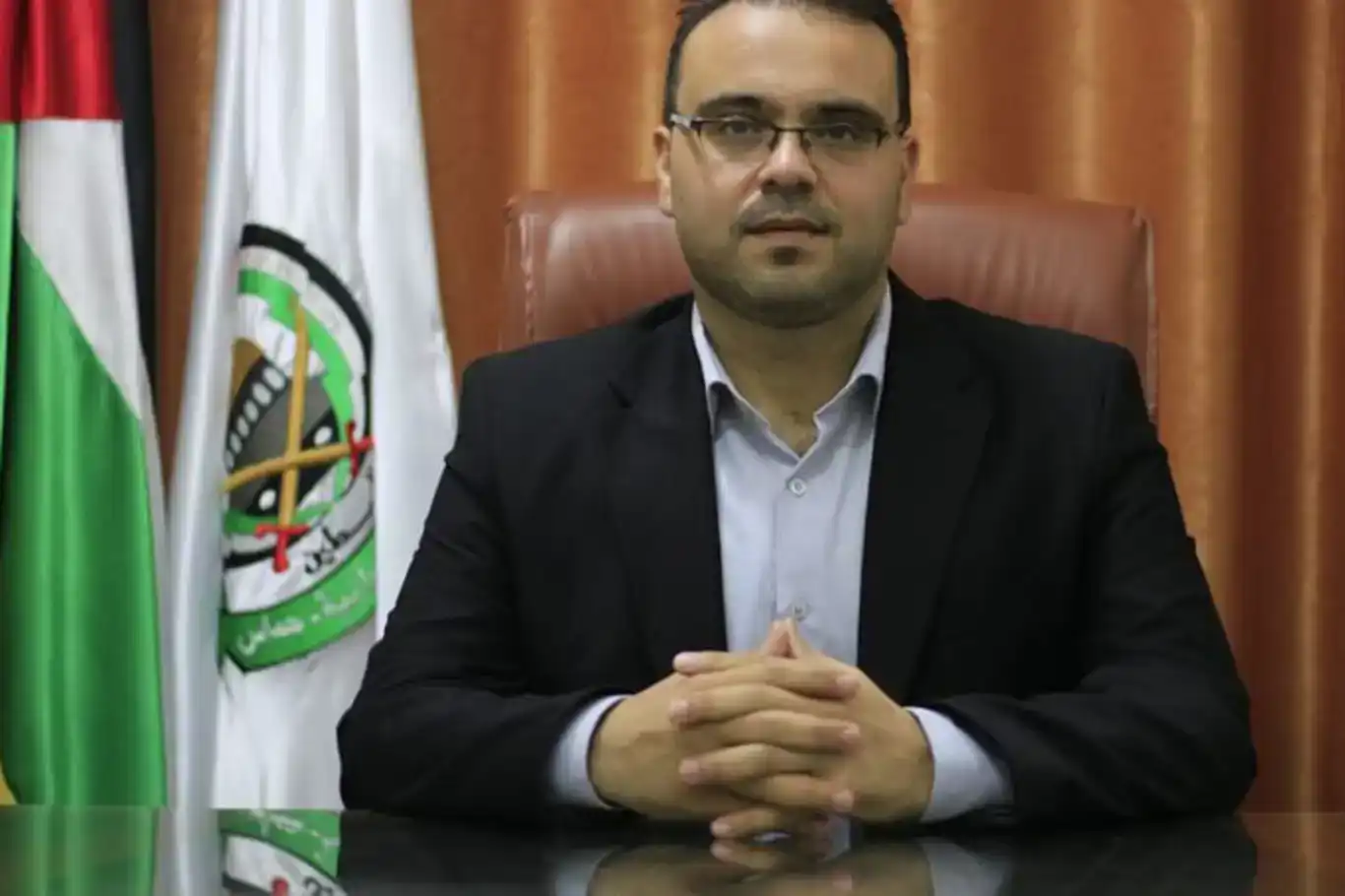Hamas warns Israel against undermining negotiation progress


Hamas spokesperson Hazem Qassim has accused the Israeli government of deliberately obstructing the second phase of ongoing ceasefire negotiations, describing the blockade as an intentional effort to hinder progress toward peace in the besieged Gaza Strip.
Qassim’s statements came amid stalled talks aimed at consolidating the fragile ceasefire that followed months of Israeli bombardment. According to him, Israel’s interference is not only undermining dialogue but also jeopardizing efforts to stabilize the humanitarian situation in Gaza, where thousands remain displaced and in urgent need of aid.
In his remarks, Qassim emphasized that the question of Hamas’s weapons is a matter strictly for Palestinians to decide. “Foreign powers should refrain from interfering,” he said, asserting that decisions regarding the defense and security of Gaza are the sole prerogative of the Palestinian people. He described external involvement in Gaza’s internal affairs as a form of domination and an attempt to compromise Palestinian sovereignty.
The spokesperson reiterated that the struggle for liberation is a legitimate right under international law. Qassim stressed that no external actor has the authority to dictate terms for Gaza’s security or to weaken the Palestinian resistance, framing the issue as central to both national dignity and regional justice.
Hamas’s statements come at a critical moment in the region, where repeated cycles of violence, blockades, and military escalations have left Gaza in a state of chronic humanitarian crisis. International mediators have repeatedly called for restraint and dialogue, yet Israel’s continued military operations and settlement expansions in the West Bank have been cited by Palestinian leaders as obstacles to meaningful peace.
Analysts note that Israel’s obstruction of ceasefire implementation mirrors long-standing patterns of preventing Palestinian-led solutions. By attempting to dictate terms regarding weapons and security, Israel is seen by Palestinian factions as undermining the ability of local leadership to negotiate on equal footing.
Regional powers, including Egypt and Qatar, have historically played mediating roles, facilitating negotiations for ceasefires and humanitarian access. However, Hamas insists that the ultimate decisions must remain in Palestinian hands, reflecting a broader sentiment across Gaza and the West Bank that Palestinian agency and self-determination are non-negotiable.
Beyond political disputes, the humanitarian crisis in Gaza continues to intensify. Thousands of families remain displaced, medical supplies are in critical shortage, and essential infrastructure has been damaged. Hamas and local authorities have called for uninterrupted access for aid organizations, warning that delays could exacerbate suffering and undermine stability in the Strip.
Qassim’s statements highlight a central tension in the conflict: while the international community often seeks to mediate and enforce temporary ceasefires, the Palestinian leadership insists that any sustainable resolution must respect their sovereignty, rights, and security needs.
As ceasefire talks enter a delicate second phase, the coming weeks are expected to test whether external actors will respect Palestinian autonomy or continue to impose conditions that hinder lasting peace. Hamas’s stance underscores a firm position: the liberation and protection of Gaza remains a Palestinian responsibility, and foreign interference will not be tolerated. (ILKHA)
LEGAL WARNING: All rights of the published news, photos and videos are reserved by İlke Haber Ajansı Basın Yayın San. Trade A.Ş. Under no circumstances can all or part of the news, photos and videos be used without a written contract or subscription.
The World Health Organization (WHO) has issued a stark warning over the catastrophic collapse of Gaza’s health sector, revealing that more than 900 Palestinian patients have died while waiting for medical evacuation permits that Israeli authorities continue to block or delay.
Storm Claudia has caused severe flooding and multiple deaths across the United Kingdom and Portugal, prompting major emergency responses and warnings.
Syrian Foreign Minister Asaad Hassan al-Shaibani embarked on an official visit to the People’s Republic of China on Sunday.